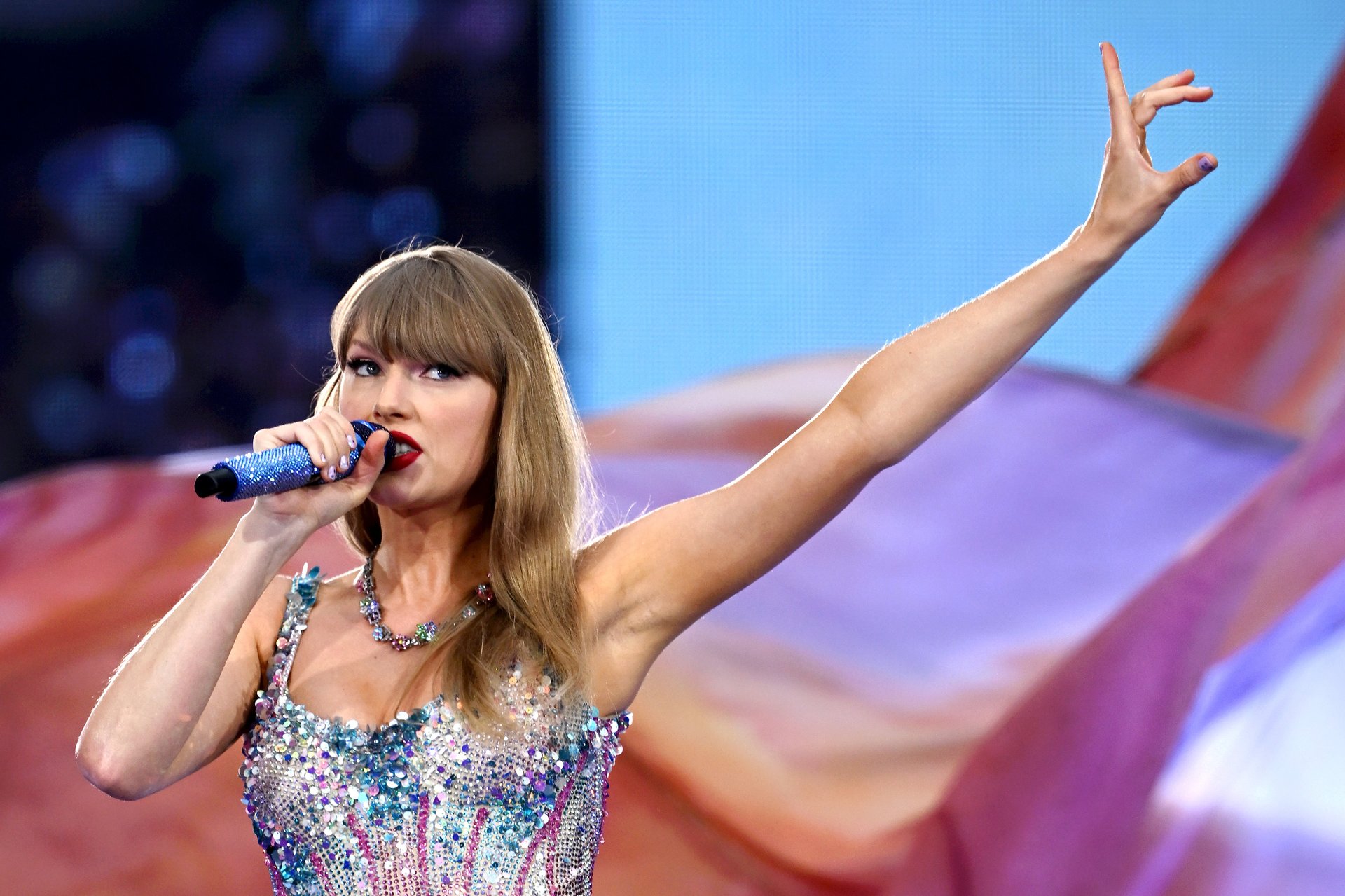The FAA is making it harder to track private planes
There are clear upsides to tracking private jets, albeit not for their owners

The Federal Aviation Administration is moving to make it more difficult to monitor who owns and operates private planes.
Suggested Reading
The regulator said Friday that private aircraft owners and operators can now submit online requests for the FAA to withhold their registration information from the public. The move follows Congress’ decision to reauthorize the FAA last May. An amendment to that bill called for anonymizing private aircraft owners’ information.
Related Content
The FAA already has programs to limit identifying data from external flight tracking services: the Privacy ICAO aircraft address program and the Limiting Aircraft Data Displayed Program. President Donald Trump, the rapper Drake, and the director Steven Spielberg have used the LADD program to hide their aircraft registration numbers, call signs, or flight numbers, according to independent researcher Jack Sweeney’s LADD List.
However, the latest push goes further than those earlier programs, allowing personal information such as names and addresses to be kept private. The FAA is also considering whether to make that information private by default. Doing so would make it much more difficult to track the movements of some of the wealthiest people.
Some jet owners say public flight data puts them at risk. Tesla (TSLA) and SpaceX CEO Elon Musk, for example, claimed that Sweeney’s ElonJet tracker presented a “direct personal safety risk.” After buying Twitter, now called X, in 2022, Musk banned Sweeney, although he has since been allowed back on the social media platform.
Taylor Swift’s legal team last year sent Sweeney, at the time a junior at the University of Central Florida, a cease-and-desist letter over his tracking of her private jet flights, saying that he was endangering the pop star. He runs social media accounts that continue to track Swift’s private travel.
“This conduct poses an imminent threat to the safety and wellbeing of our Client [Swift] and must stop,” the letter said, calling it a “life-or-death matter.”
However, there are also clear benefits to tracking private jet usage, albeit not for the jets’ owners.
Business Insider used that data to report on Musk’s role in the Trump administration, monitoring his movements between Texas and Washington, D.C. as he leads the Department of Government Efficiency (DOGE) and the automaker Tesla. His jets spent 881 hours crossing the globe last year, Business Insider reported, making 335 flights. That included 25 trips to Palm Beach International after Trump won the presidential election, and several earlier flights to that airport in 2024.
Swift has come under fire for her jet plane use after groups tracking her movements discovered she had produced 8,300 tons of carbon emissions in 2022, about 576 times the average American. Across a three-month period in 2023, during her Eras Tour, her flights reportedly produced 138 tons of carbon emissions.
In 2024, her private jet made 98 trips and logged 225 hours, according to Simple Flying. That comes out to about 768 tons of carbon emissions. The wealthiest 1% are responsible for more climate pollution than the poorest 66%, according to a report from the British NGO Oxfam.
